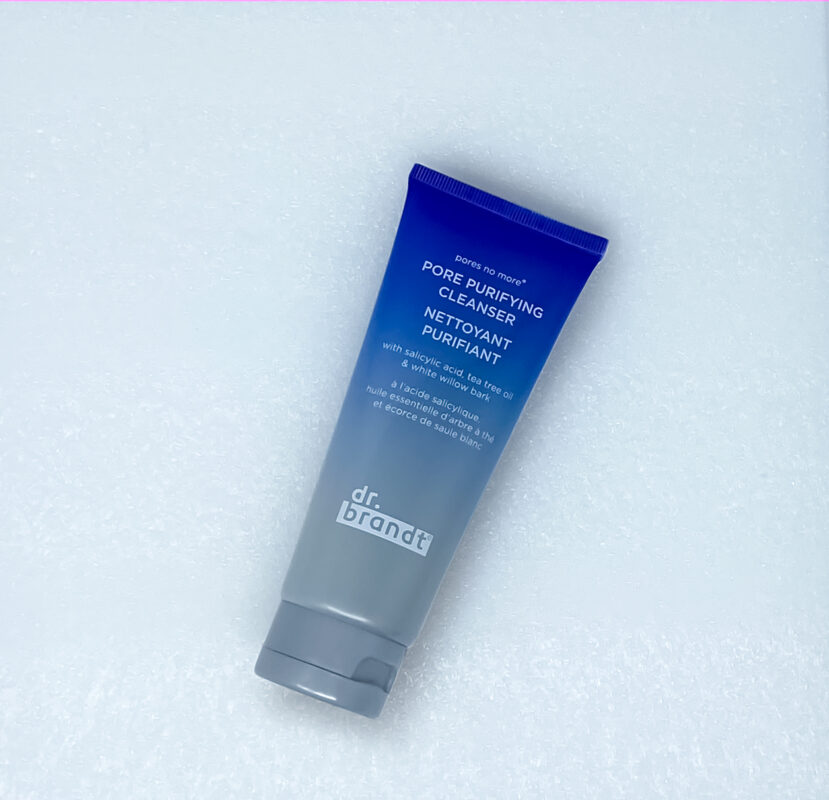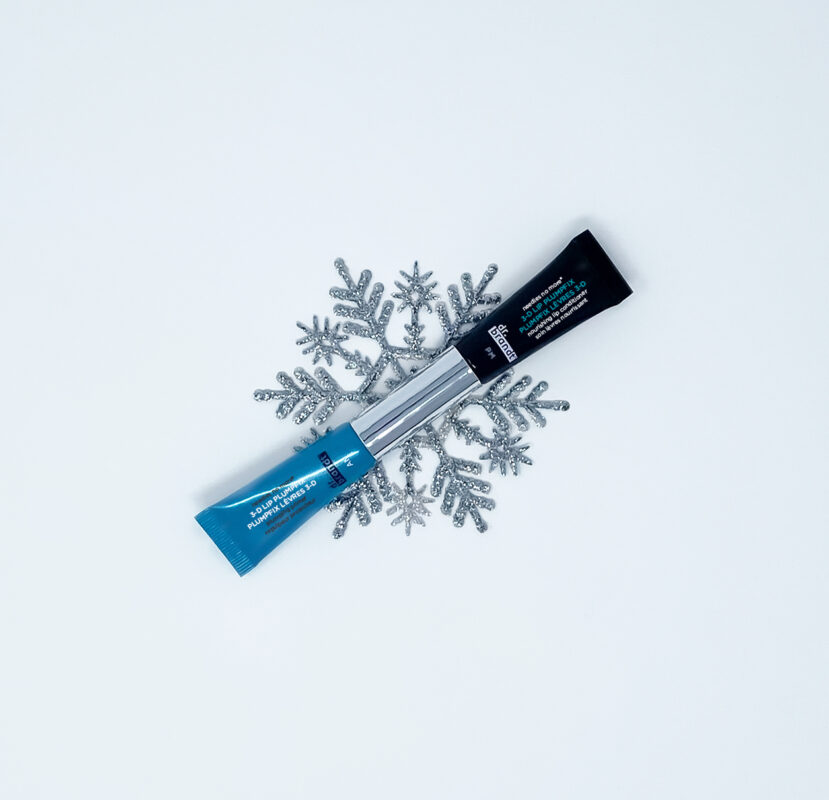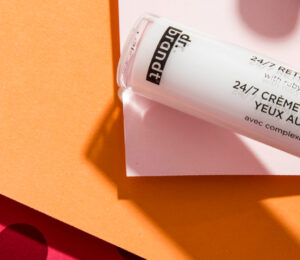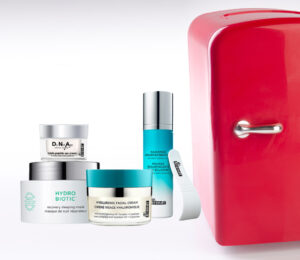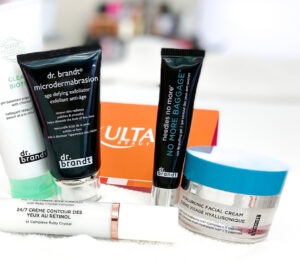Winter skin care: 9 tips to combat dryness
Colder weather marks the start of the holiday season – it tends to bring people together, initiate more family gatherings, and evoke feelings of warmth and gratitude. When the first winter breeze hits, you feel a certain magic in the air; but with that feeling magic should come a very important reminder – time to break out your winter skincare routine!
It’s important to know that with changes in temperature and weather, come changes in your skin’s needs. In the winter, combinations of cold, dry air, hot showers and artificial heat draw moisture away from the skin and can wreak havoc on your complexion, leading to dry, flaky or cracked skin, dehydrated skin, irritation and redness, tightness and even chapped lips. These types of changes in climate can also exacerbate some skin conditions like eczema and psoriasis. Luckily, we have 9 simple tips to help prevent and combat winter dry skin.
Use a good moisturizer suitable for your skin type
Moisturizing is an essential step in any skincare routine, no matter the season, and knowing your skin types in order to find the right type of moisturizer for your skin’s concern is important, too. In warmer months, it might be more important for those with acne-prone or oily skin to fight lighter-weight gel moisturizers or lotion to help avoid the feeling of “heaviness” on the skin. However, in the cold and windy winter months, what’s equally as important as finding the right type of daily moisturizer, is ensuring that it contains key ingredients that work to moisturize skin effectively and help prevent further damage from external aggressors. Some of the ingredients to look for are:
- Ceramides: these lipids help prevent moisture loss and protect the skin barrier
- Humectants: these molecules attract water into skin and are important for replenishing skin with the moisture it loses throughout the day
- Occlusives: these are ingredients such as dimethicone that form a protective barrier on the skin and prevent moisture loss
- Hyaluronic Acid: this powerhouse ingredient helps maintain skin’s moisture levels and elasticity; it also prevents moisture from leaving the skin.
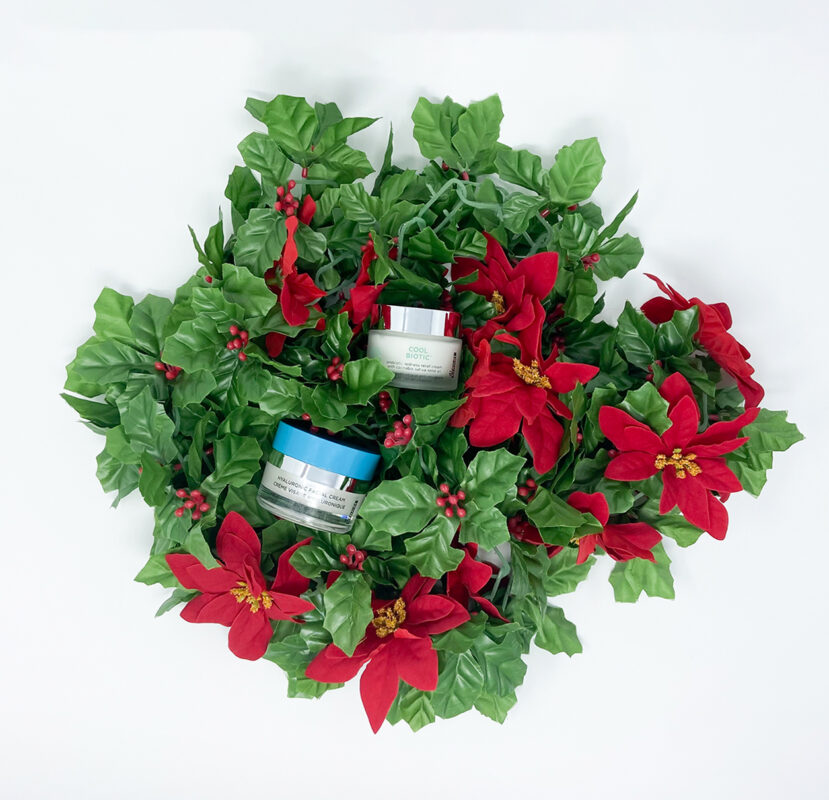
Use more gentle skincare products
Cold air, wind, artificial and even natural heat (say, from a fireplace or campfire) all contribute moisture loss in the skin and can potentially strip skin of its natural oils. In these types of conditions, the skin barrier can be disrupted and skin is less able to protect itself. This can lead to dryness, flaky skin, cracks in the outer layer of the skin, and ultimately, inflammation. In order to prevent this, opt for gentler skincare products or products that help protect or promote restoration of the skin’s barrier. For example, choose a hydrating cleanser instead of an exfoliating or foaming face wash. Opt for a more nourishing moisturizer versus a light-weight moisturizer. Choose a mineral sunscreen over a chemical sunscreen – yes, you still need sunscreen in the winter!
Use a humidifier
Think of skin as your protective armor – it’s what keeps water in your body, and in turn, keeps you hydrated. When skin is exposed to excessive dryness or cold, it loses water faster, and easier. To counteract the effects of your surroundings, invest in a humidifier – your skin will thank you. Humidifiers are small, usually electrical, devices that add moisture into the air and increase humidity in a single room or entire building (these would be much larger). They’re a great way for keeping the warmer air in your home from being too dry.
Avoid hot baths and showers
Nothing sounds more relaxing than a nice hot shower or bath on a normal day. But in the winter, it’s something we especially look forward to and are likely to indulge in for a little bit longer than usual. Although a hot bath might feel good for the soul, you’re doing more harm than good for your skin. Water that’s too hot can actually dehydrate your skin. Hot water also strips skin of sebum, the healthy fats and oils that are necessary for skin health. If you absolutely find the need to keep water in your shower or bath on the warmer side, try to limit the amount of time you’re in there – ideally no more than 10 minutes. Additionally, after toweling off, be sure to moisturize right away, whether your shower or bath is lukewarm or a bit on the hotter side.
Do not exfoliate too much
Since skin tends to be more dry in the colder, winter months, cut back on exfoliating. This isn’t to say that you should stop exfoliating completely; if you’re accustomed to using an exfoliant 2-3 times a week, give your skin longer breaks in between, and scale back to once a week. If skin is excessively dry, sensitive or irritated, consider getting it back to a healthier state before incorporating exfoliation into your routine to properly exfoliate your skin. If your skin does well with exfoliating once a week, be consistent to aid in the skin’s renewal process and help the rest of your skincare products penetrate better.
Prevent dry hands and feet
Usually when we talk skin, it’s intuitive to think of just your face, but we all know ‘skin’ goes beyond that. It’s common to forget about your hands and feet because they’re easier to protect from the cold than your face. While wearing socks and boots on your feet and gloves on your hands protect them from the cold, washing hands frequently to prevent the spread of germs, daily chores like doing the dishes, and hot showers can lead to red, chapped hands and feet. No different from the majority of skin concerns on your face, dry hands and feet are a result of lack of moisture, so the key here is to keep skin on your hands and feet moisturized. In addition, to help prevent further discomfort, try avoiding harsh hand soaps, wear gloves to protect hands from detergents/cleaners when doing chores, and opt for socks and gloves made of cotton instead of wool.
Use the right cleanser
Finding the right facial cleanser is just as important as finding the right moisturizer to keep your skin soft and glowy through the winter. It is a common misconception to think that you can use the same facial cleanser all year long, so if your skin begins to feel dry and tight after cleansing in the winter, this is a sign that you may need to find a seasonal alternative. In this case, it would be beneficial to switch out your current cleanser to a more hydrating one to avoid stripping moisture and essential oils from your skin. For skin that feels extra sensitive, find a cream or oil-based cleanser that is non-stripping.
Apply antioxidant serum
Whether you’re a skincare newbie or you consider yourself a skincare pro, it’s almost certain that you’ve come across a product that has claimed to ‘protect skin from free radicals. If you don’t know what free radicals are, or how they work, here’s a simple scenario to help: free radicals are particles that behave scavengers and roam around the skin. They look to steal from healthy, stable molecules on the skin to stabilize themselves, thus creating what you know as free radical damage. Although free radicals are naturally produced in our bodies, they are also found almost everywhere around use and be triggered by things like the sun’s rays, toxins, smoke, and environmental aggressors. Free radical damage can manifest on the skin as premature wrinkles and aging, dullness, and uneven pigmentation and skin texture.
The best way to protect skin from free radicals and the damage they cause is to incorporate antioxidants into your daily skincare routine and even your diet. No matter the season, it is recommended to include an antioxidant serum in your daily skincare routine. This is because serums tend to be the most potently formulated skincare products, with smaller molecules that penetrate deeper into the skin compared to other types of topical products.
Protect your lips
Last, but definitely not the least, show your lips some love. The skin on your lips is much thinner and more delicate than the skin on the rest of your body. Add to that the fact that our faces (and lips) are the last, and hardest, things to cover in the cold, and it’s a perfect recipe for dry, chapped and sensitive lips.
In an effort to try to soothe lips, it’s natural to want to lick your lips or apply balms that contain eucalyptus or menthol in them, but these are both big no-no’s if you’re suffering from dry, winter lips. Instead, use a lip balm or a lip care product that has healing and protective properties. These usually contain petrolatum (this is okay for your lips since they don’t have oil glands that can become clogged unlike your skin’s pores), essential oils, or glycerin. If you can find a lip balm with SPF protection, even better. Apply balms before going outside and re-apply as needed, but also apply before bed to encourage healing overnight and prevent further dryness.

